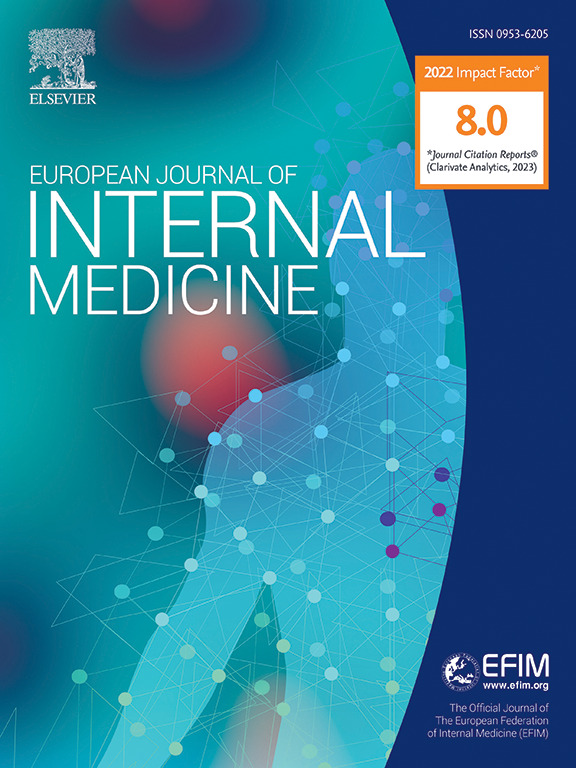Promoting women's careers in life science and medicine: A position paper from the “International Women in Intensive Medicine” network
IF 5.9
2区 医学
Q1 MEDICINE, GENERAL & INTERNAL
引用次数: 0
Abstract
Background
Women remain underrepresented and undervalued in leadership roles within scientific and healthcare disciplines, facing persistent gender discrimination and various professional barriers.
Methods
This paper presents the main findings and recommendations from the 2023 International Women in Intensive and Critical Care Network (iWIN) Roundtable, which convened a diverse group of experts to discuss equity and inclusiveness for women in their careers.
Results
The discussion highlighted three critical themes: social barriers (such as maternal identity and cultural pressures), the need for resilience-building through mentorship/sponsorship and support networks; and practical challenges, including childcare and limited career guidance. To address these issues, the panel proposed developing and empowering women's networks, emphasizing their role in promoting gender equality, fostering diversity, and supporting professional development. A key recommendation is the creation of a digital platform to increase the visibility of women scientists and connect them with opportunities for engagement and leadership. Additionally, the paper underscores the importance of institutional support for flexible work arrangements, mentorship programs, and leadership development initiatives.
Conclusions
The proposed strategies aim to not only advance the careers of women in science and healthcare but also to challenge and reshape the stereotypes surrounding who can be a scientist. By providing practical tools and fostering a culture of inclusiveness, these recommendations have the potential to significantly impact the representation of women in these fields and contribute to broader societal change.
求助全文
约1分钟内获得全文
求助全文
来源期刊
CiteScore
9.60
自引率
6.20%
发文量
364
审稿时长
20 days
期刊介绍:
The European Journal of Internal Medicine serves as the official journal of the European Federation of Internal Medicine and is the primary scientific reference for European academic and non-academic internists. It is dedicated to advancing science and practice in internal medicine across Europe. The journal publishes original articles, editorials, reviews, internal medicine flashcards, and other relevant information in the field. Both translational medicine and clinical studies are emphasized. EJIM aspires to be a leading platform for excellent clinical studies, with a focus on enhancing the quality of healthcare in European hospitals.

 求助内容:
求助内容: 应助结果提醒方式:
应助结果提醒方式:


